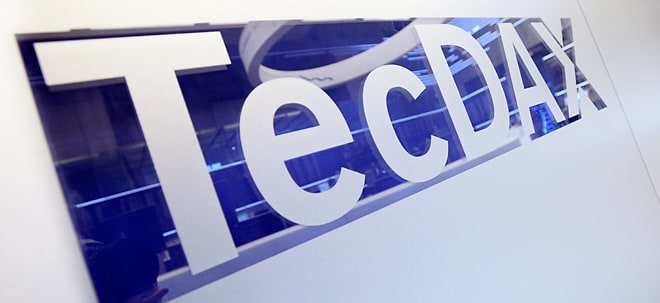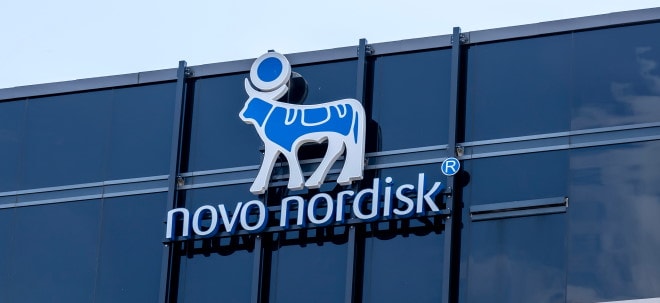Es ist schon witzig: Im Nachbarforum wird gefragt, ob SoM nach den Regeln des berühmten Fundamentalinvestors Benjamin Graham empfehlenswert seien. Von seinen Regeln gibt es eine Langversion und eine Kurzversion mit nur 5 Fragen, die unter http://seekingalpha.com/article/57506-15-stocks-ben-graham-would-like wiedergegeben sind: 1. Price-to-book (P/B) ratio of less than 1.2. Intangible assets such as intellectual property, brand name recognition, and customer base, are not reflected in the price-to-book ratio, so we suggest a P/B of less than 1.5, rather than 1.2 that Graham discusses. He recognized this fact as well and commented that the P/B could be up to 2.5 if the company has significant intangible assets. 2. Earnings per share [EPS] should have grown by 33% in the past 10 years. Earnings thus should have grown around 3% per year. In this exercise, we go back 5 years, looking for 3%+ growth in earnings. 3. The price-to-earnings [ttm] ratio should be below 15. Perhaps the most common valuation metric, the price-to-earnings ratio allows us to understand the earnings power of the company compared to its price. A high P/E ratio is common among "growth" stocks who are expecting phenomenal growth, but Graham believed that there is no way to be sure growth will continue at a pace that justifies the high price. 4. The current ratio should be above 1.5. The current ratio represents the current assets divided the current liabilities. This ensures that if the company faces a crisis, they have 50% more assets than liabilities to work with. For this exercise, we are going to use the quick ratio instead, which is a more conservative number because it disregards any current assets that might be difficult to unload in a tight situation, such as inventory. 5. The company should pay out a dividend. Dividends, in Graham's opinion, are a very important indicator of a company's financial health. Not only that, but they indicate a shareholder friendly management team, without which can spell disaster for shareholders. Machen wir jetzt den SoM-Test: Kriterium 1: Verfehlt, denn SoM notiert am Markt mit über 200 Mio. Euro bei einem Buchwert von derzeit 50-80 Mio. Euro. Kriterium 2: Verfehlt, denn der Gewinn pro Aktie ist gesunken und derzeit negativ. Kriterium 3: Verfehlt, denn das Kurs-Gewinn-Verhältnis ist aufgrund der Verluste nicht positiv, sondern negativ. Kriterium 4: Verfehlt, denn die Eigenkapitalquote liegt nicht über 60 Prozent, sondern um 30 Prozent. Kriterium 5: Verfehlt, denn SoM hat noch niemals eine Dividende gezahlt. Weil SoM sämtliche Kriterien verfehlt, würde Graham von einem Kauf abraten. |


 Thread abonnieren
Thread abonnieren

